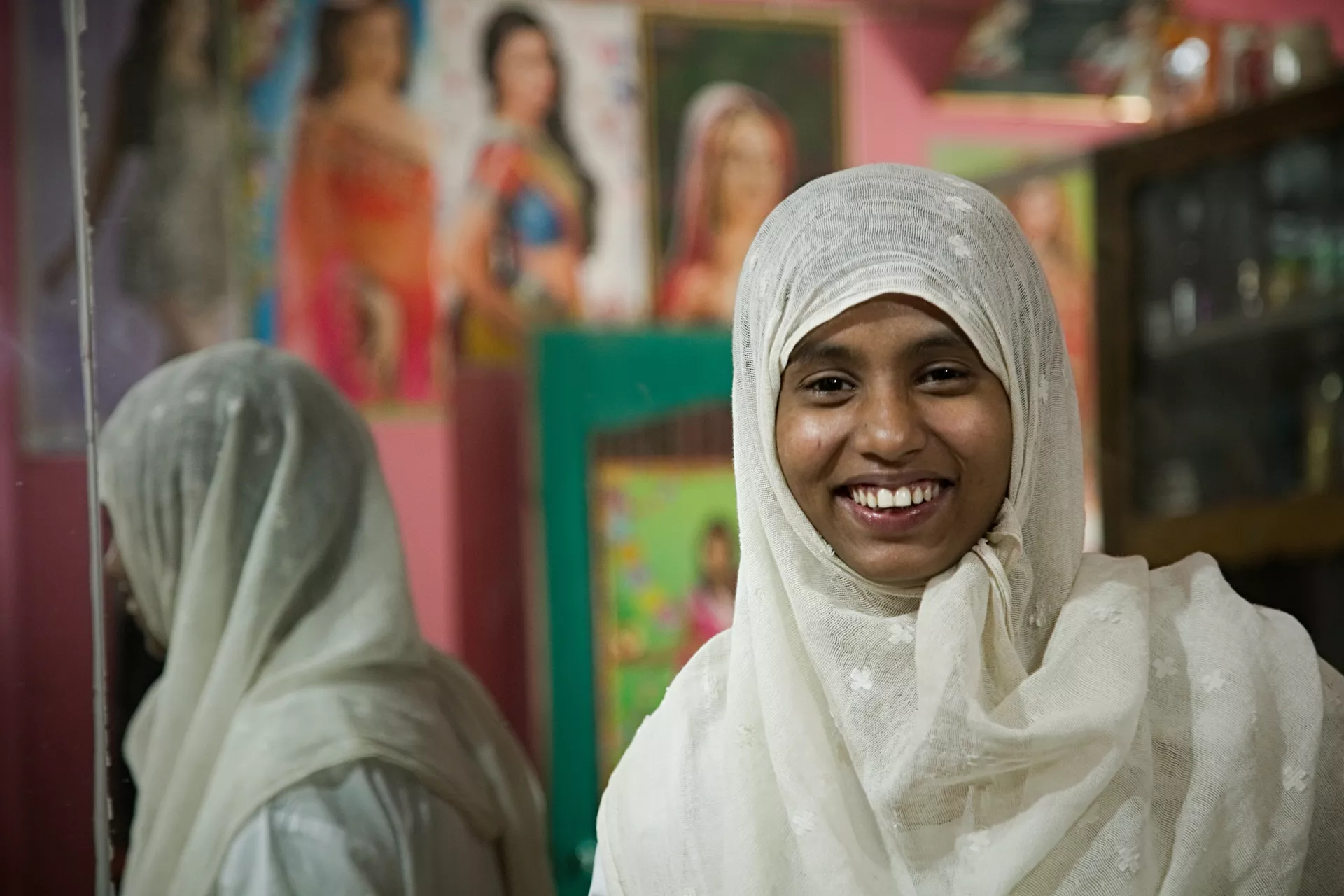News Flash
News Flash

DHAKA, March 10, 2025 (BSS) - Halima Begum (not real name), a housewife of Chak Farid area of Bogra district, became disabled as she did not get medical treatment for leprosy at the right time.
She later got training on income generating activities from an NGO and also received financial assistance from it.
With the money, she bought a sewing machine. Then she started earning over Taka 150 daily, adding to her family’s income. The income has changed her life so much that she has been able to send her only son to school. Her income also increased her social acceptance.
The story proved that a woman even with disability can go ahead if she gets necessary supports.
Though she made progress defying her disability, many females with disabilities (FWDs) in the country are in deplorable conditions due to the stigma over their disabilities.
According to Household Income and Expenditure Survey (HIES) 2016, the percentage of population suffering from any type of disability is 6.94 per cent at the national level. Such percentage for male is 6.27 per cent and for female is 7.59 per cent. The females are physically and intellectually challenged.
In Bangladesh, the belief still remains that FWDs should stay sheltered in their homes and many young women, therefore, have limited access to and awareness of educational and community resources.
FWDs face more discrimination than their male counterparts. Their woes start from their own families. Their parents do not treat them fairly and not arrange education for them, thinking that it would be meaningless to provide education for a disabled woman. Discrimination is often compounded on disabled women on the grounds of gender.
As FWDs have limited decision making power, they grow up with a sense of inferiority complex and their confidence does not develop due to such negative mentality towards them.
Ashrafun Nahar Misti, executive director of Women with Disabilities Development Foundation (WDDF), said the FWDs are often stigmatized and neglected from early childhood and many girls with disabilities grow up lacking sense of dignity.
Hence, most of them are isolated from the mainstream society, stigmatized, mistreated and marginalized. They also face severe problem in their marriage. People still believe that a disabled child may be born if they marry a disabled girl, she said.
Life of FWDs is full of challenges. Hence, they are deprived of basic needs such as education, health service, vocational training, social and community services.
Professor of Department of Women and Gender Studies of University of Dhaka, Dr Sanzida Akhter said the FWDs face more obstacles than other backward people in the society as they face discrimination from their own families.
It is needed to build positive attitude for eradicating the hindrances, faced by the FWDs, through raising massive awareness, said Sanzida.
Both Ashrafun and Dr. Sanzida said the society should adopt a more disabled-friendly approach so that the FWDs can have a dignified life.
Disability rights (empowerment, participation and legal protection) should be ensured, they added.
The FWDs have potentials. There are instances that FWDs contributed to development in the developed countries. They can also contribute to national development if they get proper supports, said the rights activists.
The government initiated a number of steps for ensuring the rights of people with disabilities.
In 2001, the Disability Welfare Act was passed in the country. Later in 2007, Bangladesh ratified the UN convention on the rights of persons with disability (UNCPRD). In 2013, Protection of the Rights of the Persons with Disabilities Act was passed and enforced.
The rights activists hoped that a society where the FWDs enjoy equal rights with dignity will be built up with the combined efforts of the government and the private sector.